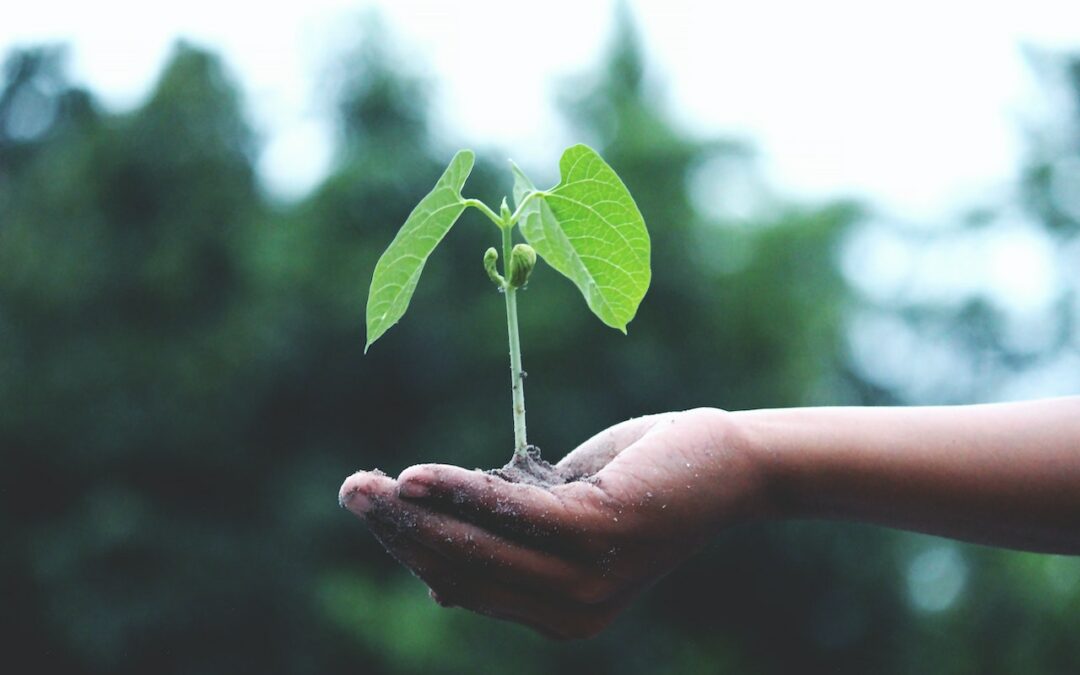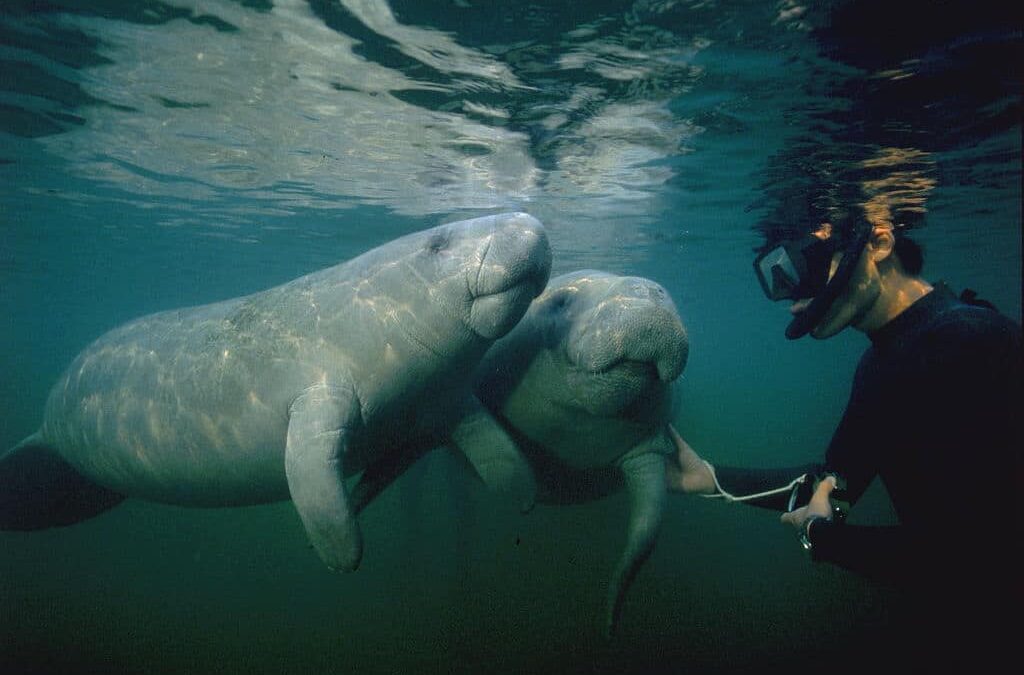
by Komoneed | Oct 2, 2024
In a move to reduce plastic waste and the use of single-use plastic bags in its fresh produce department, Coles has launched a new trial that will give customers the option to use a cardboard box when buying loose fruit and vegetables.
Customers will be given the opportunity to reuse one of the cardboard boxes used to deliver fresh fruit and vegetables to Coles stores — giving the box a second life and helping shoppers to reduce the need to use plastic bags in the fresh produce department.
The plastic-free alternative is free of charge and is available to collect loose fresh produce items in select stores. Customers can then use the boxes to carry items home where they can be recycled, or they can leave the box at the checkout for another customer.
The eight-week trial will take place in five stores, including Prahan and Waverly Gardens in Melbourne, Noosa Heads in Queensland, Ocean Shores in New South Wales and the Perth suburb of Hilton.
Coles Chief Operations and Sustainability Officer Matt Swindells said not only does the initiative help reduce the use of single-use plastic produce bags, the cardboard boxes provide a free solution for those who forget their reusable shopping bags.
“We know our customers want us to provide more sustainable packaging solutions, and this trial offers a plastic-free alternative to fresh produce bags that, if successful, could see a sizeable reduction in the number of plastic produce bags in circulation,” Swindells said.
“The great thing about these boxes is that they fit easily in your trolley, and can be taken home and recycled, or left at store for someone else to use again. It also brings a local grocer feel to your shop while helping to create a more sustainable future,” he said.
In addition to the box trial, in 2023 Coles stopped selling soft plastic shopping bags in-store and online, which removed 230 million plastic bags from circulation in one year. 100% recycled paper bags that can be recycled kerbside are now available for purchase, as well as a range of reusable tote, chiller and mesh produce bags.
Image caption: Coles team member Jessica with Coles Prahran team member Dimple.

by Komoneed | Oct 2, 2024
The U.S. Forest Service is seeking public comment through September 20 on its proposed National Old Growth Amendment that will affect how millions of acres of national forests will be managed. Conserving older forests is critical. But we’re concerned the

by Komoneed | Sep 30, 2024
Research from the Institute for Sustainable Futures (ISF) in collaboration with the Australian Energy Market Operator (AEMO) has shown that the nation might soon face a worrying lack of the type of electrical skills needed to manage Australia’s energy transition.
The study was facilitated by the RACE for 2030 Cooperative Research Centre (RACE for 2030).
Electricity sector jobs are forecast to double by 2029 — an increase of 33,000 in just five years in the most likely scenario of the 2024 Integrated System Plan (ISP).
The majority of these new jobs will be in renewable energy, with wind, solar and battery storage dominating. According to the report, operations and maintenance roles will be increasingly important; they are expected to account for 65% of the electricity sector workforce by 2033.
The rapid expansion of the renewable energy sector will place a significant strain on the labour market.
Key challenges identified in the report include:
Skills shortages: The demand for a range of skilled workers, including electricians, mechanical trades and engineers, will increase substantially, potentially causing project delays. The renewable energy sector currently invests very little in skills development and training, as noted by Jobs and Skills Australia in a recent report.
Boom-bust cycles: The construction-heavy nature of renewable energy projects will see a highly variable workforce with a risk of boom-bust cycles. This reduces national, regional and local opportunities as it becomes much harder to train and retain a stable workforce.
Regional challenges: Many renewable energy projects are located in remote areas, which will be competing for labour with infrastructure projects in big cities.
“The transition to a clean energy future presents a huge opportunity for Australia, both in terms of job creation and economic growth,” said Jay Rutovitz, chief investigator on the project.
“We need to act now to address the potential skills shortages to make sure we can deliver this transition and realise the benefits.”
To manage these challenges, the report recommends streamlining the development pipeline, with federal and state governments implementing policies for smoother development of renewable energy projects over time. It also advises that the Australian Skills Guarantee (for one in 10 workers on publicly funded projects to be apprentices or trainees) should be extended to cover all energy infrastructure involving public finance or procurement.
Further, the report states that the energy sector needs to attract a more diverse workforce, including more women and First Nations people.
“The findings highlight the critical need for a proactive approach to workforce development in the renewable energy sector,” said Genevieve Simpson, Program Leader at RACE for 2030.
“The report underscores the urgent need for collaboration between industry, government and training providers to ensure we have the skilled workforce required to deliver the ISP and achieve a clean energy future for Australia.”
The workforce needed to deliver the energy transition is even larger than identified in the report, with roles required for so-called ‘behind the meter’ transitions like energy efficiency and electrification, which could potentially contribute hundreds of thousands of additional jobs by 2030. Understanding more about this workforce is crucial, considering its overlap with occupations already identified as in short supply, such as electricians and engineers.
To read the full report as well as individual state reports, visit https://racefor2030.com.au/project/australian-electricity-workforce-for-the-2024-integrated-system-plan.
Image credit: iStock.com/Thurtell

by Komoneed | Sep 29, 2024
According to government data, the recycling rate of waste from households in England was 43.4 percent in 2022 — the most recent information available. The rate was down from the previous year, when 44.1 percent of households recycled their waste. England is the only United Kingdom nation whose recycling rate did not show improvement in […]
The post England’s Recycling Rate Down as Just 43.4% of Household Waste Recycled appeared first on EcoWatch.

by Komoneed | Sep 29, 2024
The U.S. Fish and Wildlife Service (USFWS) has proposed new revisions and additions to critical habitats for West Indian manatees near Florida and Puerto Rico. The proposal includes a revised 1,904,191 acres for Florida manatees plus new habitat protections spanning 78,121 acres for Puerto Rico manatees. “The Service is dedicated to the recovery and protection […]
The post USFWS Proposes Expanding Habitat Protections for Florida Manatees appeared first on EcoWatch.





